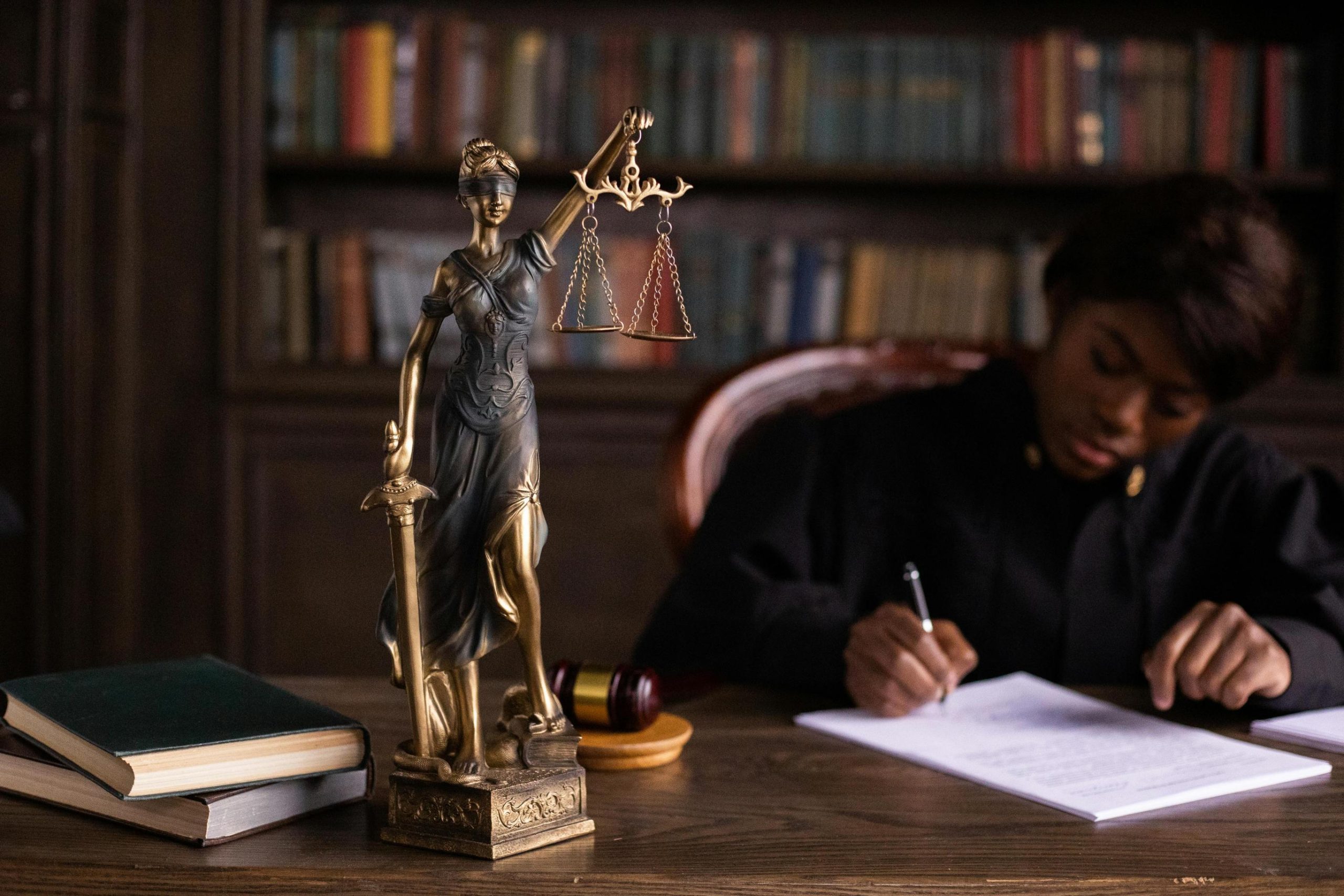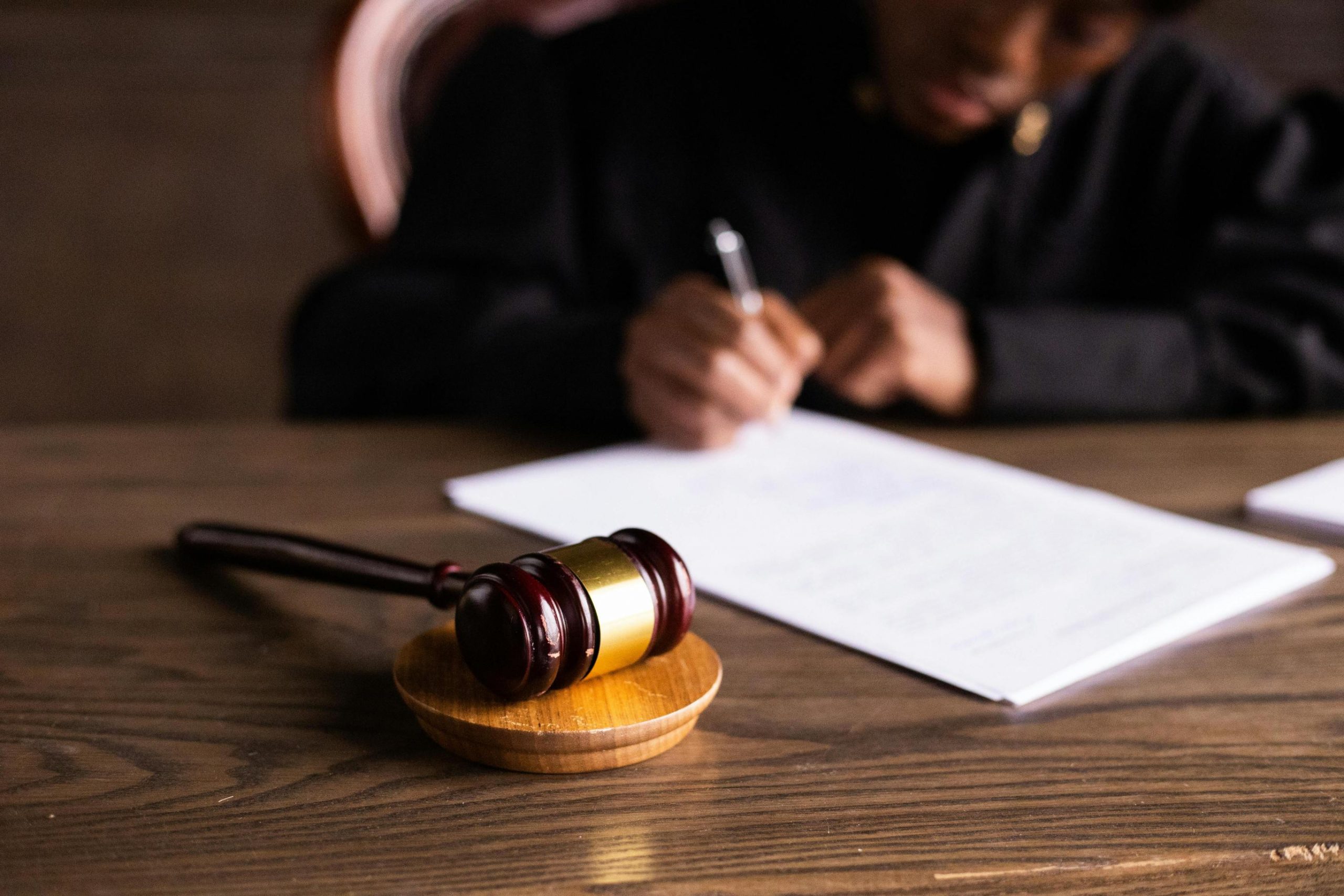
If you find out that a warrant has been issued in your name, it’s normal to feel confused or even scared. But knowing what to expect and what steps to take can help you stay calm and make smart decisions.
In this article, we’ll explain what a warrant is, what happens after one is issued, and what you can do to resolve it as quickly and safely as possible. We’ll also break down the difference between a bench warrant vs arrest warrant, and provide clear advice anyone can follow—even without a legal background.
What Is a Warrant?

A warrant is a legal document issued by a judge that allows the police or law enforcement to take a certain action. The most common types are:
- Arrest warrants
- Bench warrants
- Search warrants
Each type gives law enforcement permission to act in specific ways. For example, an arrest warrant allows them to arrest a person, while a search warrant allows them to search a home or car.
Why Are Warrants Issued?
Warrants are issued for different reasons, depending on the type:
- Arrest Warrant: Issued when law enforcement believes there is probable cause that someone committed a crime. This can happen after a police investigation or when charges are filed.
- Bench Warrant: Issued by a judge when someone fails to appear in court, ignores a subpoena, or violates a court order.
- Search Warrant: Issued when police believe evidence of a crime can be found in a specific location.
If you’re wondering about bench warrant vs arrest warrant, the key difference is the reason behind the warrant. A bench warrant is often related to court procedure, while an arrest warrant is tied to suspected criminal activity.
How Will You Know If a Warrant Has Been Issued?
In many cases, you won’t be notified directly. Here are some ways people find out:
- They are pulled over and the officer runs their name.
- They get a notice in the mail (more common with civil or court-related warrants).
- They receive a call from the court or their lawyer.
- They check online court or police databases.
If you suspect there’s a warrant out for you, contact the court clerk or a criminal defense lawyer. Some cities and counties have online tools to search for active warrants by name.
What Happens After a Warrant Is Issued?
Once a warrant is issued, several things can happen depending on the type of warrant and the seriousness of the case.
- Police May Try to Find You
For serious crimes, police may actively search for you to serve the warrant. This could mean coming to your home, job, or places you’re known to visit. In less urgent cases, the warrant may sit in the system until your name comes up during a routine traffic stop or background check.
- You Could Be Arrested
If it’s an arrest warrant, the police have the legal right to arrest you at any time. If you’re arrested in public or at home, it can be embarrassing and stressful. That’s why many people choose to turn themselves in once they find out a warrant exists.
- Your Name Enters a National Database
Warrants are often entered into national and state databases. This means that even if the warrant was issued in one city or state, it may show up during traffic stops or airport security checks in another.
- Bail May Be Set
If you’re arrested, a judge may set a bail amount. Paying bail allows you to be released while waiting for your court hearing. The amount depends on the seriousness of the charges and whether you have a criminal record.
What Should You Do If You Find Out About a Warrant?
- Stay Calm
Getting scared or panicking can make the situation worse. You’re not the first person to face a warrant, and there are legal ways to resolve it.
- Contact a Lawyer
This is one of the smartest steps you can take. A criminal defense lawyer can tell you exactly what kind of warrant you’re facing and help you make a plan. They may even be able to get the warrant quashed (canceled) or schedule a hearing without you being arrested.
- Confirm the Details
Ask your lawyer—or the court clerk—about the following:
- Type of warrant
- What court issued it
- What it’s related to (missed court date, unpaid fine, criminal charges)
- Whether bail will be needed
- Consider Turning Yourself In
If it’s a criminal warrant, your lawyer may advise you to turn yourself in. This shows you’re cooperating and may result in better treatment by the judge later on. It also avoids the risk of being arrested at a bad time—like during work or in front of your children.
What Happens After You’re Arrested?

If the warrant leads to your arrest, here’s what happens next:
- You’re Taken to Jail
After arrest, you’ll be booked at a local jail. This means your photo and fingerprints will be taken, and you’ll be entered into the criminal system.
- You May Get a Bail Hearing
You may be brought before a judge quickly (usually within 24–72 hours) to see if you can be released on bail. If you can’t afford bail, you may have to stay in jail until your court date.
- You’ll Have a Court Date
Once bail is resolved, your case will move forward. You’ll be given a court date where you can plead guilty or not guilty, and begin building your defense with your lawyer.
What Happens If You Ignore a Warrant?
Ignoring a warrant is never a good idea. Here’s what can happen:
- You can be arrested at any time – including during a traffic stop, while flying, or at work.
- You may face extra charges, especially if you try to flee.
- You could lose your chance at bail, since the court may view you as a flight risk.
- It could affect your job or housing – background checks may show the warrant, making it harder to rent an apartment or pass an employment screen.
Can a Warrant Be Canceled or Cleared?
Yes, in some cases, warrants can be resolved without you being arrested. A lawyer may be able to:
- File a motion to quash the warrant
- Schedule a court date for you to appear voluntarily
- Negotiate with the court to reduce fines or reschedule missed hearings
The sooner you act, the more options you have.
Can You Travel or Drive With a Warrant?
You can technically still drive or travel if you have a warrant, but it comes with serious risks:
- If you get pulled over, the police will likely arrest you.
- Airports, train stations, and border checkpoints often run warrant checks.
- Even minor infractions like a broken tail light can lead to detention.
Before making any travel plans, it’s best to resolve your warrant. Contact the court or a lawyer to understand your options and avoid being arrested unexpectedly.
Final Thoughts
Having a warrant doesn’t mean your life is over—but it does mean you need to act quickly. Whether it’s a bench warrant for a missed court date or an arrest warrant for a more serious charge, taking responsible steps now can prevent the situation from getting worse.
Here’s what you should remember:
- Find out what kind of warrant you have.
- Contact a lawyer right away.
- Don’t ignore the situation or try to hide.
- Cooperate with the legal process to get the best possible outcome.
